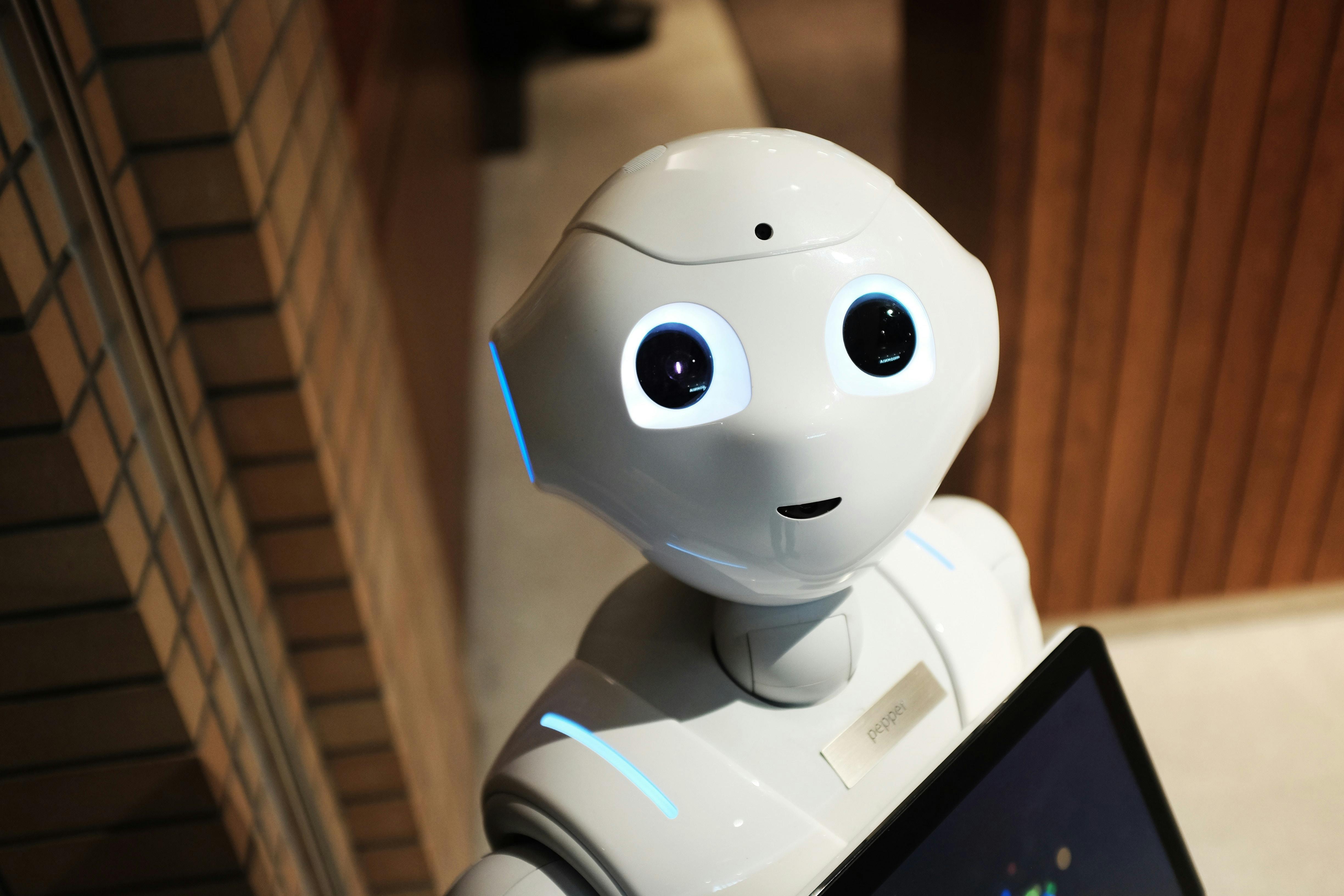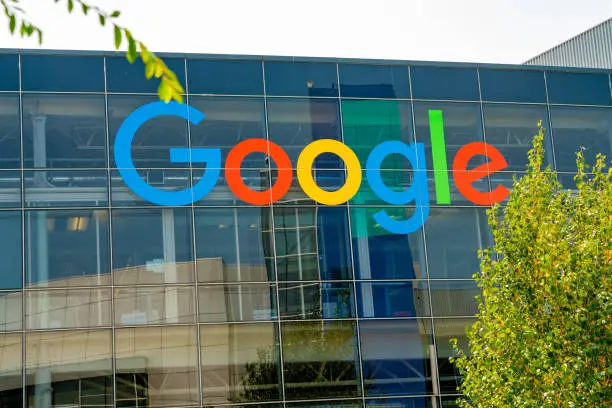The Origins of Quantum Computing: A Brief History
In 1981, physicist Richard Feynman asked a bold question. Could we use quantum mechanics to make computers smarter than ours? This idea started a revolution in computing. It changed how we think about information and how we compute.
The story of quantum computing is exciting. It takes us through quantum theory, early pioneers, and major discoveries.
The start of quantum computing goes back to the early 20th century. Pioneers in quantum physics explored the strange world of subatomic particles. This field, quantum mechanics, changed how we see the universe. It opened new ways to process information and compute.
Scientists found a world where particles can be in many states at once. They discovered ways to encode and manipulate information that seemed impossible. This quantum world could change computing forever. It could make computers much more powerful than the ones we use today.
Table of content
- Quantum computing started in the early 20th century with quantum mechanics and the quantum realm.
- Quantum physics, like superposition and entanglement, is key to quantum computing's power.
- Richard Feynman's 1981 idea to use quantum mechanics for computing sparked a revolution.
- The history of quantum computing is filled with groundbreaking discoveries and pioneers.
- Quantum computing could change how we understand information and computation. It could have big impacts on many fields.
What is Quantum Computing?
Quantum computing is a new field that uses quantum mechanics for faster computing. It's based on quantum bits, or qubits, and quantum superposition. These ideas make quantum computers much faster than regular computers.
Understanding the Basics
Classical computers use bits that are either 0 or 1. But, quantum computers use qubits that can be both 0 and 1 at the same time. This lets them process information much faster, leading to quicker solutions for complex problems.
Quantum Bits and Superposition
- Quantum Bits (Qubits): Qubits are like the basic units of information in quantum computers. They can be in a mix of 0 and 1, unlike regular bits.
- Quantum Superposition: This special property lets qubits be in many states at once. It helps them find many solutions at the same time. This could lead to big breakthroughs in fields like cryptography and drug discovery.
By using quantum computing basics, quantum bits, and quantum superposition, scientists are creating a new future. Quantum computers will change how we solve complex problems and explore new possibilities in information processing.
Early Pioneers and Quantum Theory
The pioneers of quantum mechanics were key in understanding the universe's basics. Max Planck was a standout. His work was crucial for quantum physics to start.
Max Planck and the Birth of Quantum Physics
In 1900, Max Planck, a German physicist, made a big discovery. He found that energy comes in small packets, not a continuous flow. This was a major shift in science.
Planck's idea was first doubted but soon became a cornerstone of science. It started the quantum revolution. His work helped other scientists like Niels Bohr and Erwin Schrödinger build on quantum mechanics.
Planck's work was groundbreaking. It opened up new ways to understand the tiny world and the universe's laws. His legacy inspires scientists today as they explore the quantum world.
quantum computing origins, history of quantum computing, development of quantum
The journey of quantum computing began in the early 20th century. It was sparked by major breakthroughs in quantum physics. This field has evolved significantly, from its early ideas to today's advanced technology.
The story of quantum computing is deeply connected to its origins and history. It started with the work of scientists like Max Planck, Niels Bohr, and Erwin Schrödinger. They studied the strange world of tiny particles, leading to quantum mechanics.
- Max Planck found the smallest change in any physical thing, starting quantum theory.
- Niels Bohr's atom model showed us how atoms work, with specific energy levels.
- Erwin Schrödinger's cat thought experiment showed the weird side of quantum superposition, pushing quantum computing forward.
Later, scientists like Richard Feynman saw quantum mechanics as a way to create fast computers. His 1982 lecture inspired many to explore quantum computing's potential.
Now, quantum computing's origins, history, and development are all part of a fast-growing field. It promises to change many industries, from security and medicine to climate science and more.
Foundational Experiments and Discoveries
Quantum computing started with key experiments and discoveries. These have changed how we see the quantum world. The double-slit experiment and the Heisenberg uncertainty principle are major breakthroughs.
The Double-Slit Experiment
The double-slit experiment was first done in the early 1800s. It shows that quantum particles can act like waves. When light or particles go through two slits, they create an interference pattern on a screen.
This experiment changed our view of the world. It moved us away from the old, Newtonian view. It helped start quantum mechanics.
The Uncertainty Principle
The Heisenberg uncertainty principle was proposed by Werner Heisenberg. It says we can't measure some things, like position and momentum, at the same time. This principle is key to quantum theory.
It shows the limits of measuring certain things. This is important for quantum computing. Precise control of quantum states is needed.
These quantum experiments and discoveries have greatly helped us understand the quantum world. They also opened the door to quantum computing. This new field promises to change how we solve problems and do computations.
The Manhattan Project and Quantum Mechanics
The Manhattan Project was a key event in the 20th century. It greatly advanced quantum mechanics. Scientists explored the atomic world, revealing secrets of quantum phenomena.
At the core of the Manhattan Project was quantum mechanics. This field changed how we see the tiny world. Researchers used quantum theory to create the atomic bomb.
The Manhattan Project and quantum mechanics were closely tied. The project's success depended on quantum mechanics. It helped understand atoms and subatomic particles, crucial for nuclear weapons.
The project's research also opened doors in computing, communications, and materials science. Its legacy keeps influencing science today. The insights from this time still drive innovation and discovery.
Looking back at the Manhattan Project, its impact on quantum mechanics was huge. The lessons and advancements from this time still guide our understanding of the quantum world. They also shape our future.
Postwar Developments and Feynman's Vision
After World War II, science and technology saw big changes. Researchers dove into quantum mechanics, a field full of mysteries. Richard Feynman, a genius physicist, led the way with his ideas for quantum computing.
Richard Feynman's Quantum Computing Proposal
In 1959, Richard Feynman gave a speech at the American Physical Society. He talked about a quantum computer in his famous "There's Plenty of Room at the Bottom" speech. He said it could do things that regular computers couldn't.
Feynman thought that atoms and particles could store and change information in new ways. He dreamed of quantum bits, or "qubits," for faster, better computers. These qubits could solve hard problems quickly.
- Feynman's idea made people see quantum mechanics in a new light. It sparked interest in quantum developments after the war.
- His ideas started the quantum computing proposal field. It inspired many scientists and engineers to explore this new tech.
- Feynman's work on Richard Feynman and quantum computing changed computing and science forever.
Feynman's work still influences today's postwar quantum developments and quantum computing efforts. His vision has opened doors to new tech and innovation. It shows the amazing potential of quantum mechanics.
The Race to Build the First Quantum Computer
The quest to create the first quantum computer has excited scientists and tech fans. This field, quantum computing, is rapidly advancing. Key players and important milestones are helping us get closer to this groundbreaking achievement.
Key Players in Quantum Computing
Leading the charge are top tech companies and research centers. IBM, Google, and Microsoft are investing a lot in quantum computing. Also, MIT, Caltech, and the University of Chicago are playing a big role in understanding and applying quantum principles.
These leaders see the huge potential of quantum computing. It could change many areas, from cryptography to materials science. The race to build quantum computer is pushing science forward, with researchers facing the unique challenges of the quantum world.
Quantum Computing Milestones
There have been many important moments in quantum computing. We've seen the first quantum computers and the achievement of "quantum supremacy." This is when a quantum device did better than a classical computer on a task.
A big milestone was quantum teleportation. It allowed a quantum particle's state to be moved from one place to another. This breakthrough is helping create secure communication and quantum cryptography.
The race to build quantum computer is ongoing. Everyone is waiting for a fully working quantum computer. It will open up new possibilities in science, technology, and more.
Quantum Algorithms and Applications
Quantum computing is growing fast, and quantum algorithms are key. These algorithms use quantum properties like superposition and entanglement. They help solve problems that classical computers can't handle.
Shor's algorithm is a famous example. It can quickly break down big numbers, which is a big problem for online security. This could make many current security methods useless.
- Quantum algorithms for optimization problems, like quantum annealing, are promising. They help solve complex logistics and scheduling issues.
- In quantum simulation, quantum computers can accurately model complex systems. This includes chemical reactions and material properties, better than classical computers.
- Quantum algorithms for search and database queries, like Grover's algorithm, offer huge speedups. They are useful in many areas.
As quantum computing applications grow, researchers are finding new uses. They're using quantum algorithms to solve problems in finance, logistics, materials science, and medicine.
The future of quantum algorithms is very promising. As the technology gets better, we'll see big changes in many fields. The development of new quantum algorithms will be key to unlocking quantum computing's full potential.
Current State and Future Prospects
The current state of quantum computing is both exciting and challenging. Researchers and engineers are making steady progress. They are developing more powerful and reliable quantum systems. But, there are still significant hurdles to overcome.
The future of quantum computing holds immense potential. It promises to revolutionize fields like cryptography, drug discovery, and financial modeling.
Ongoing Research and Challenges
Quantum computing research and challenges include improving the stability and coherence of quantum bits (qubits). They also need to scale up the number of qubits in a single system. And, they must develop efficient error correction techniques.
Scientists are also working to create more versatile quantum algorithms. They explore the potential applications of quantum computing across various industries.
- Increasing qubit coherence and stability
- Scaling up the number of qubits in a quantum system
- Developing efficient error correction and fault-tolerant quantum computing
- Designing versatile quantum algorithms for real-world applications
- Exploring the potential of quantum computing in fields like cryptography, drug discovery, and finance
Despite the challenges, the future of quantum computing is bright. As research continues and technological advancements are made, quantum computers are poised to unlock new possibilities. They are set to transform the way we approach complex problems.
The race is on to harness the power of quantum mechanics. This revolutionary technology is set to bring new possibilities to the forefront of scientific and technological innovation.
Conclusion
Quantum computing has a bright future, promising to change many areas of tech, science, and society. It started with pioneers like Max Planck and Richard Feynman. Their work has led to exciting advancements in quantum algorithms and applications.
Quantum physics, with its superposition and entanglement, has made quantum computers possible. These computers can do things classical computers can't. The race to build the first practical quantum computer has been thrilling, with many working together to achieve it.
The future of quantum computing is both exciting and challenging. New discoveries and applications are on the horizon. They will help solve complex problems in fields like cryptography and drug discovery. By learning about the quantum computing origins, history of quantum computing, and development of quantum, you'll see its huge potential and impact.






